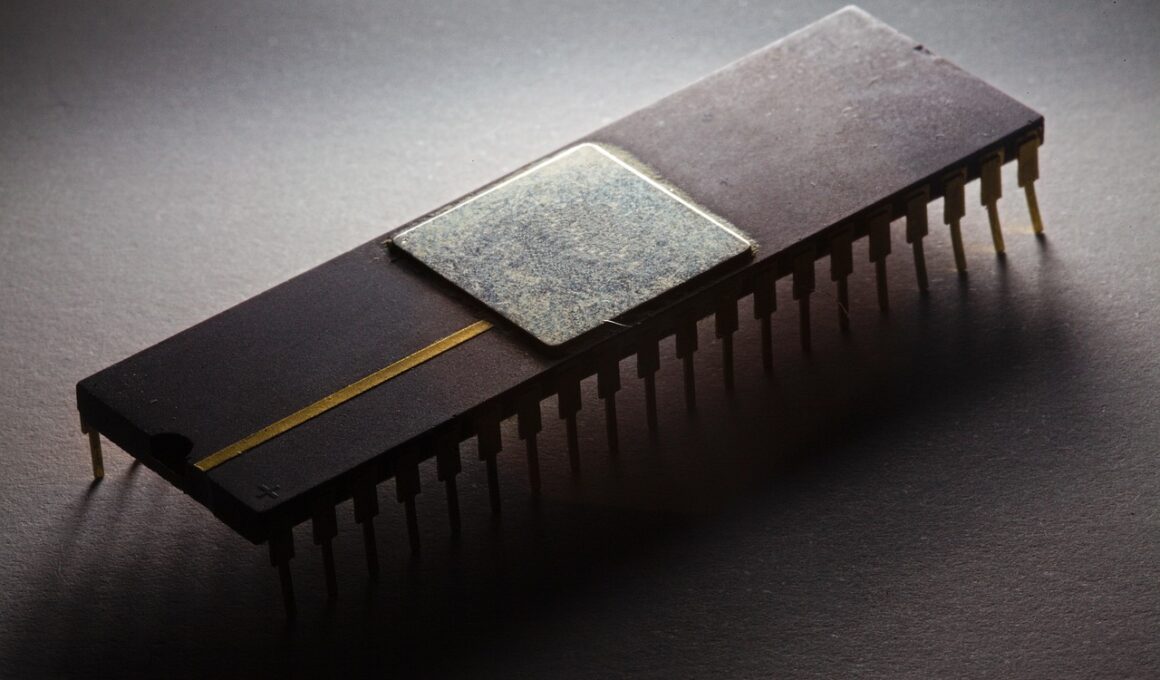Microchip Technology: Keeping Adopted Dogs Safe and Secure
Microchipping your dog has become an essential part of responsible pet ownership, especially for adopted pets. This small procedure involves placing a tiny chip, about the size of a grain of rice, under your dog’s skin. The microchip contains a unique identification number linked to your contact information. When handled by a veterinarian or animal shelter, a scanner can read this number, providing a direct connection back to the owner. This is crucial because in the unfortunate event your pet gets lost, it increases the chances of them being returned safely. Unlike collars, which can easily be removed or lost, microchips provide a permanent identification solution. Moreover, the procedure is simple, quick, and relatively painless for your dog. It only requires a syringe for insertion and can be performed during a routine veterinary visit. Many shelters now require microchipping upon adoption to ensure that each pet has a permanent form of identification. If you haven’t yet microchipped your dog, consider setting up an appointment with your veterinarian to discuss this important step in securing your dog’s safety. In an unpredictable world, microchipping acts as a safety net for beloved pets.
Beyond just the microchip itself, ensuring that the contact details linked to your dog’s chip are current is paramount. Many pet owners often fall short of updating their information after moving or changing phone numbers, which can lead to frustrating scenarios where lost dogs cannot be returned. Thus, it’s advisable to periodically check that your contact information is accurate with the microchip registry. Some microchip companies provide updates, reminders, or alerts when verification is required. Having an updated contact ensures that should your pet be picked up by any shelter or veterinary office, they can contact you immediately. Additionally, there are benefits to microchipping that extend beyond the basic identification aspect. For instance, microchips can aid in identifying lost pets during natural disasters. Shelters and rescue organizations often flood with lost animals during such crises, making identification critical. Awareness of microchipping plays a significant role in reducing the amount of time pets spend lost. Increasing your pet’s visibility and identification options can potentially save their lives. In essence, microchipping represents a simple, effective way to provide peace of mind for both you and your furry friend.
The Importance of Microchipping for Adopted Dogs
For adopted dogs, microchipping goes beyond just identification; it also enhances their chances of finding a loving home if lost. With many dogs entering shelters or rescue groups, having a reliable method of identification is crucial in ensuring that these pets can be reunited with their families. Many shelters adopt proactive measures, such as implementing microchip programs, showing a commitment to the well-being of the pets. The emotional bond between pets and their owners is profound, and losing that bond can be devastating. Microchips serve as a safeguard, bringing the pet and owner back together after unfortunate circumstances. Around 1.7 million dogs are lost every year, demonstrating the necessity for owners to embrace this technology. It’s also essential to note that microchipping is not a replacement for responsible pet ownership; it complements various preventative measures. Regular tagging, spaying or neutering, and training are all vital components of responsible dog ownership. Remember that microchips cannot replace collars. They should be considered an additional tool to keep your pet safe. In summary, microchipping provides peace of mind, reinforcing the bond formed with your adopted dog.
Discussing microchipping with your veterinarian is immensely beneficial, as they can provide personalized insights tailored to your dog’s needs. Many vet practices offer microchipping as a standard service, served alongside routine vaccinations. This integration makes it simple to have your dog chipped without undertaking a specific visit. Be sure to inquire about the different options available. Multiple microchip companies manufacture these chips, and they come equipped with varying features. Some may offer GPS tracking or additional health monitoring capabilities. Prioritize selecting a reputable brand to ensure your pet’s safety is always safeguarded. Moreover, microchipping during the adoption process strengthens the community of responsible pet owners. Gathering reliable information and engaging in open dialogue with both your veterinarian and local shelters creates a network of accountability for keeping dogs safe. If your pet is already microchipped, consider attending local events or forums to educate others on the importance of microchip technology. The more informed the community is, the stronger the chances are of creating a safer environment for adopted pets. In this way, microchipping unites dog owners in a common cause: giving their pets the safest life possible.
Microchip Technology: A Lifesaver
In a world where uncertainty prevails, microchips emerge as a life-saving technology. For instance, in instances where adopted dogs get lost, the response time becomes imperative. Thanks to the quick reading of microchips, pets can easily be scanned at local shelters or veterinary offices, ensuring that lost dogs can be reunited swiftly with their families. Technology continually evolves, and microchipping is a prime example of innovation working towards animal welfare. The design of microchips has improved over the years, providing enhanced functionality and reliability. Additionally, many microchip providers now include lifetime registration, ensuring your contact information stays valid indefinitely. Post-implantation, no further costs are associated with updating your records. However, keeping track of the registration company is essential to ensuring that your information remains current. Microchip technology further promotes responsible pet ownership, inspiring owners to pay attention to their dog’s overall care needs. This technology plays a pivotal role in promoting animal welfare. Furthermore, as technology advances in the pet identification sector, microchips will likely become more sophisticated, possibly incorporating additional features such as health tracking. Currently, their main function remains invaluable in reuniting lost pets.
As you embark on adopting a dog, comprehending the recovery benefits linked to microchipping may further help in deciding your choices. When you choose to adopt, you take on a profound responsibility, and ensuring your pet has proper identification must be a priority. Not only can microchipping provide a sense of security, but it can also pave the way for fostering a greater sense of community responsibility among dog owners. Promoting awareness about microchipping contributes toward educating the general public about its consequences. When to microchip and what to expect afterward should be clarified easily. For owners considering adoption, finding a shelter or rescue group that actively supports microchipping services serves as an advantage. These organizations often integrate microchipping into their adoption process, establishing a transformative standard. Additionally, some groups offer educational workshops focusing on the importance of microchipping while providing tips for new dog owners. Any responsible pet parent should equip themselves with knowledge on these procedures. Social media platforms can also serve as avenues for spreading the word on the significance of microchipping beloved dogs. Considering these factors indeed paints a brighter picture for adopted dogs.
Conclusion: Embrace Microchipping for Your Furry Fren
In conclusion, microchipping your adopted dog is a small step that can lead to significant outcomes. Taking this action shows your commitment to your pet’s safety and well-being. As a guardian, embracing this technology consolidates your role in protecting your furry friends. In today’s world, microchips are indeed indispensable, reducing the likelihood that lost dogs will meet an unfortunate fate. The importance of updating contact information cannot be overstated, and responsible pet ownership signifies that it should be a priority. By fostering community engagement, promoting awareness, and encouraging friends or family members to microchip their pets, we collectively empower responsible actions. When coupled with other essential practices such as training and regular health check-ups, microchipping solidifies a foundation of lifelong health and safety for dogs. Investing in your pet’s future is one of the most selfless yet fulfilling decisions, as it ultimately enhances their quality of life and farewell risk. The harmony that emerges from ensuring dogs have permanent forms of identification creates a robust relationship between humans and their beloved companions. Therefore, take that step today and prioritize microchipping your adopted dog.


